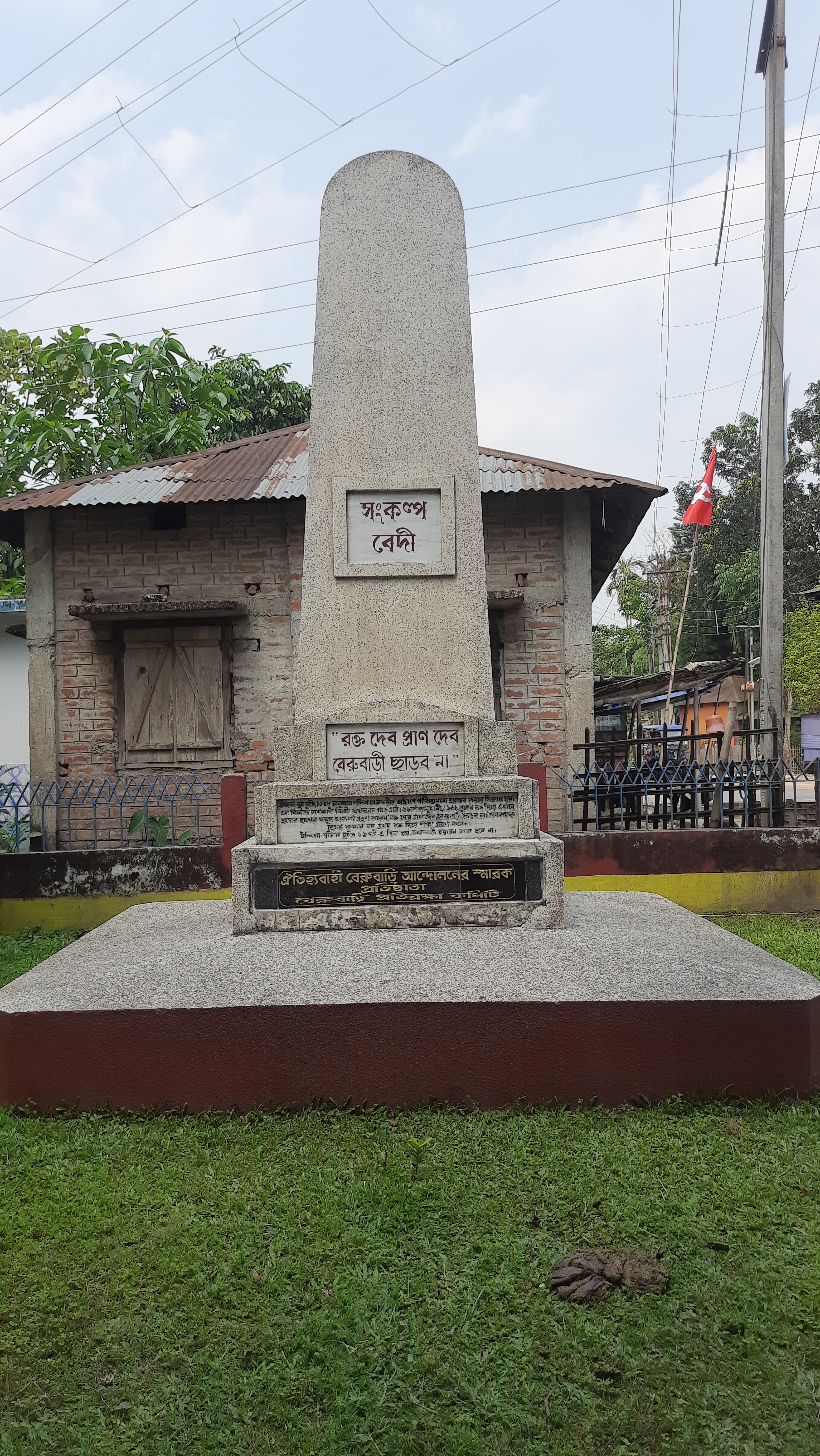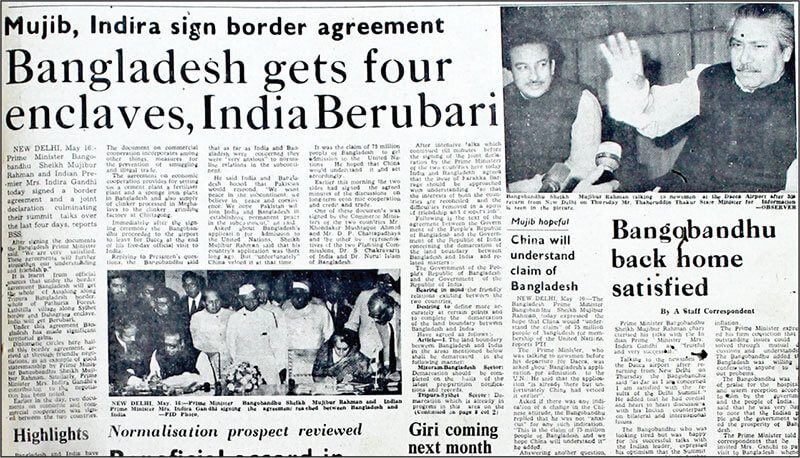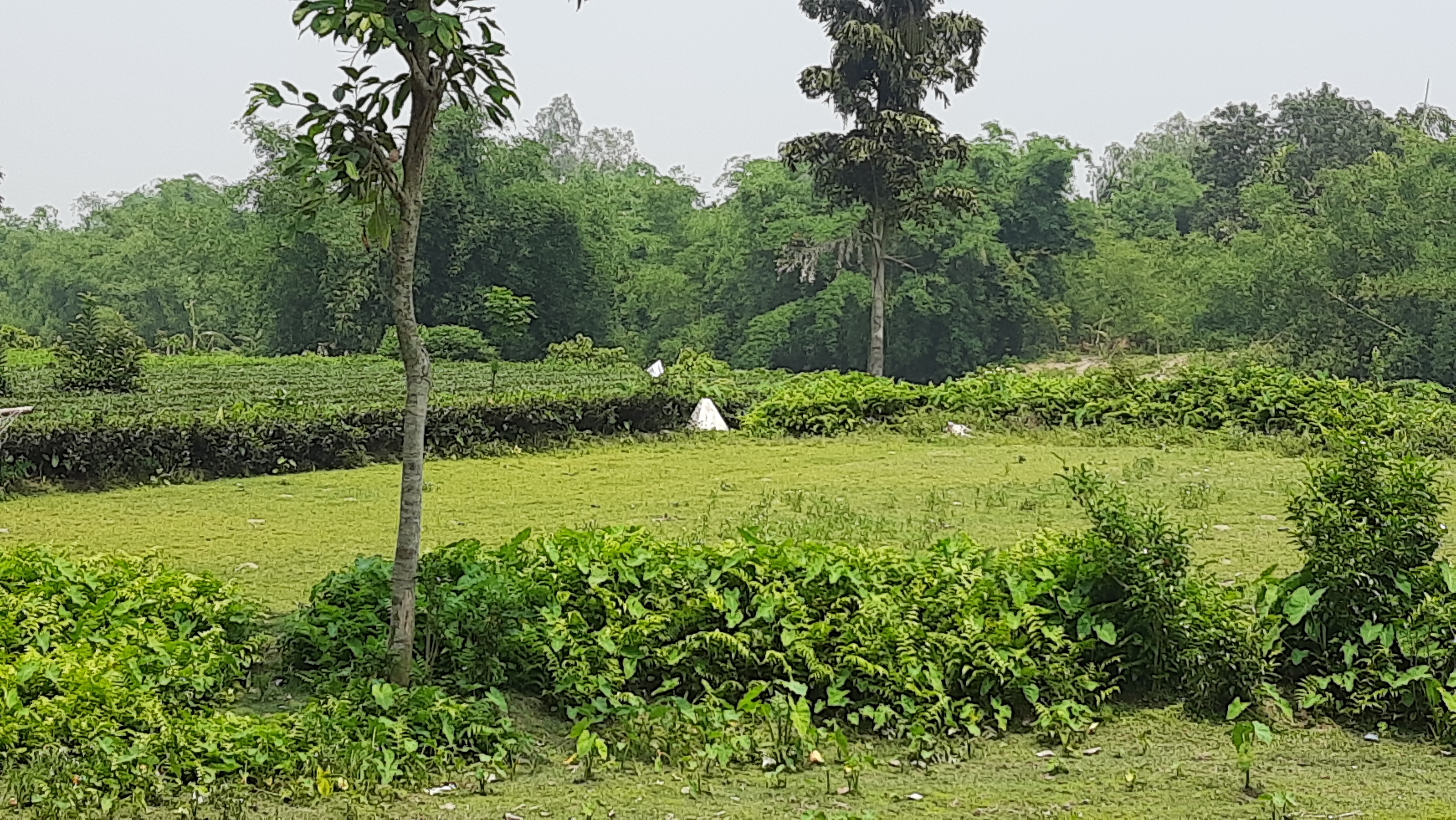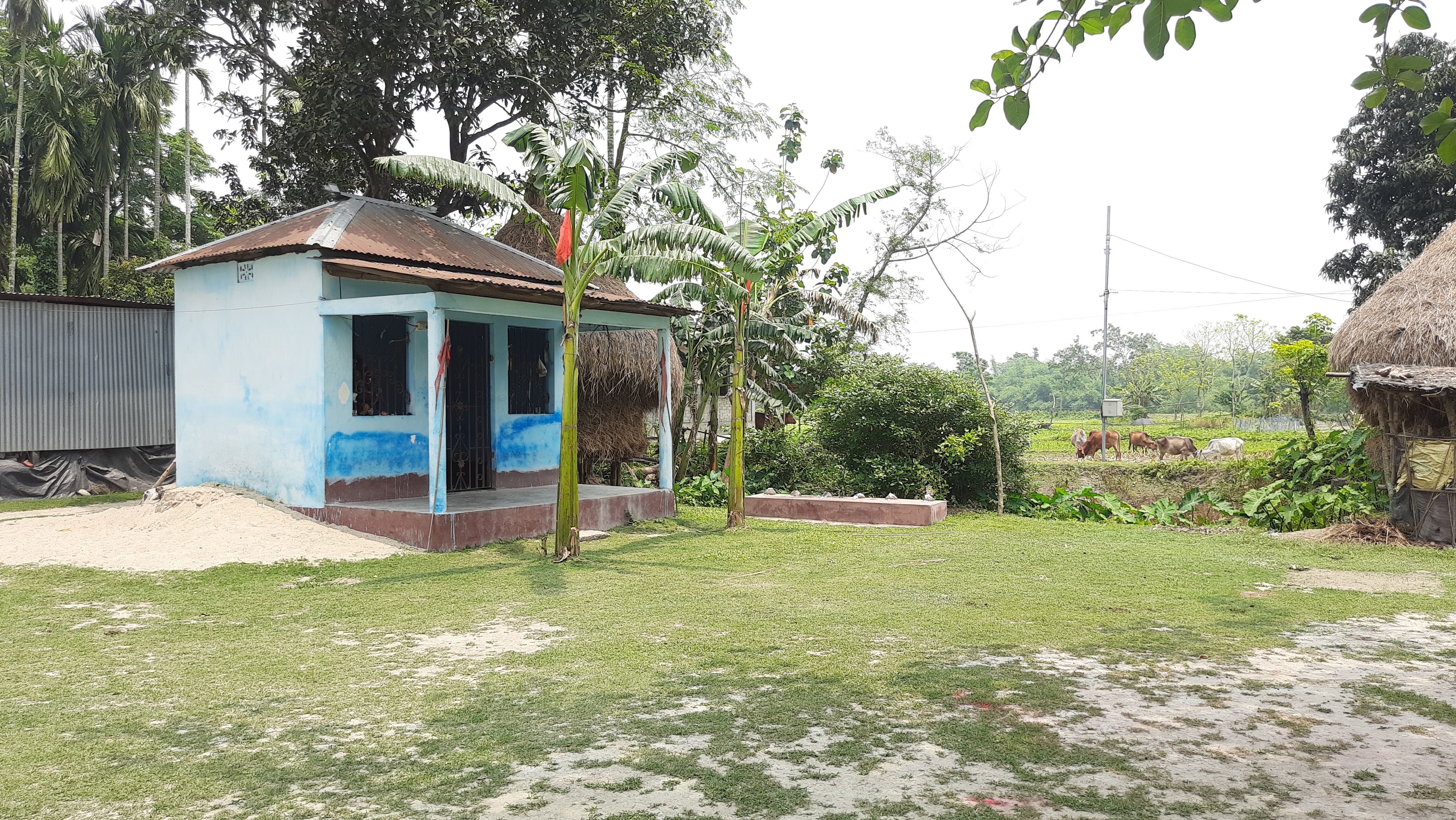They have Aadhaar cards, PAN cards, and voter IDs. They cast their votes and elect MLAs, MPs, and panchayat leaders like every other Indian citizen. Yet, for nearly 10,000 families in Jalpaiguri district, belonging to India remains an unresolved question, not of identity, but of land.
Despite 78 years of Independence and a decade since the historic Land Boundary Agreement (LBA) of 2015, five villages in the Dakshin Berubari Gram Panchayat — Kajaldighi, Chilahati, Barashashi, Nautari Debottar, and Padhanigram, still exist in limbo. While the tricolour flutters overhead and democracy is dutifully practised, the absence of land rights has rendered these villagers invisible to the Indian system.
Without land documents, residents are denied access to flagship government schemes, from Krishak Bandhu and PM-Kisan Samman Nidhi to Kisan Credit Cards and irrigation projects. Their lands remain unmapped, their ownership undocumented, and their futures uncertain.
The situation is a haunting echo from history. In 1958, South Berubari was controversially marked for transfer to East Pakistan under the Nehru-Noon Agreement. What followed was a wave of local agitation. On Republic Day in 1961, villagers built a Sankalp Bedi, a blood-vow memorial inscribed with, "I will give blood, I will give life, I will not leave Berubari."

Although the Indira-Mujib Pact of 1974 ensured South Berubari remained part of India, bureaucratic confusion persisted. The villages continued to appear on Bangladeshi maps and were officially labelled as ‘adverse possession’ zones, Indian land, yet absent from India’s own maps.

The Modi-Hasina Land Boundary Agreement in 2015 finally acknowledged these villages as Indian territory. Yet, for the villagers, that recognition remains only on paper.
“We are Indian citizens only in name,” says Sardaprasad Das, Joint Secretary of the South Berubari Defence Committee. “We don’t have Khatian (land records), we don’t have compensation rights and we are denied every major welfare scheme. We’ve even submitted the 1910 cadastral maps to the administration, but nothing has moved.”
The absence of land records has implications beyond benefits, it also jeopardises security.

Also read: Villagers in WB volunteer land for Indo-Bangla border fencing
Without official documentation, the Border Security Force (BSF) cannot legally erect fencing along a 19-km stretch of the Indo-Bangladesh border. Compensation for fencing requires clear land ownership, a luxury these villagers don’t possess. As a result, the region remains exposed to infiltration and smuggling.
“We are not even 150 yards from the zero point. We want fencing, we want safety. The pillar has been erected, but the fence is missing,” says resident Palendranath Roy.
Former MLA Govinda Roy, who hails from neighbouring Kamat village, is blunt in his assessment.
“The government is indifferent. They have our old land maps. Yet no survey has been conducted. No land papers issued. No security provided. These people are citizens in shackles.”
Locals like Dwijendranath Roy, Akhil Chandra Roy and Ambalika Roy echo the same sense of abandonment.
“Even our previous land documents are now meaningless. We can neither sell nor cultivate with security,” says Akhil Roy. “We can't even take agricultural loans. And God forbid, if an emergency happens, we are exposed.”
Even as villagers offer their land for border fencing, official procedures remain stalled.
BDO Mihir Karmakar describes the issue as complex. “Technically, the land belonged to no one. Compensation will go to whoever has possession of the land. But our higher authorities will take the final call,” he said.

District Magistrate Shama Parveen acknowledged the delays and pointed to pending technicalities. “Talks are ongoing with Bangladesh. Some maps are still pending approval. The land department is actively pursuing the matter.”
For the residents of Kajaldighi, Chilahati, Barashashi, Nautari Debottar, and Padhanigram, assurances and bureaucratic language no longer suffice. Their patience is wearing thin, and their voices are growing louder.
“We have bled for this land. Now we are being punished for fighting for India,” says Sardaprasad Das.
In a country that celebrates the slogan Sabka Saath, Sabka Vikas, these five villages remain a painful contradiction, fully Indian, yet treated as if they are not.








